Why are we all so obsessed with wealth trends like 'quiet luxury'? We've investigated this phenomenon
Interior trends like #stealthwealth and #quietluxury have taken over social media recently - so what is it about these aesthetics we love?
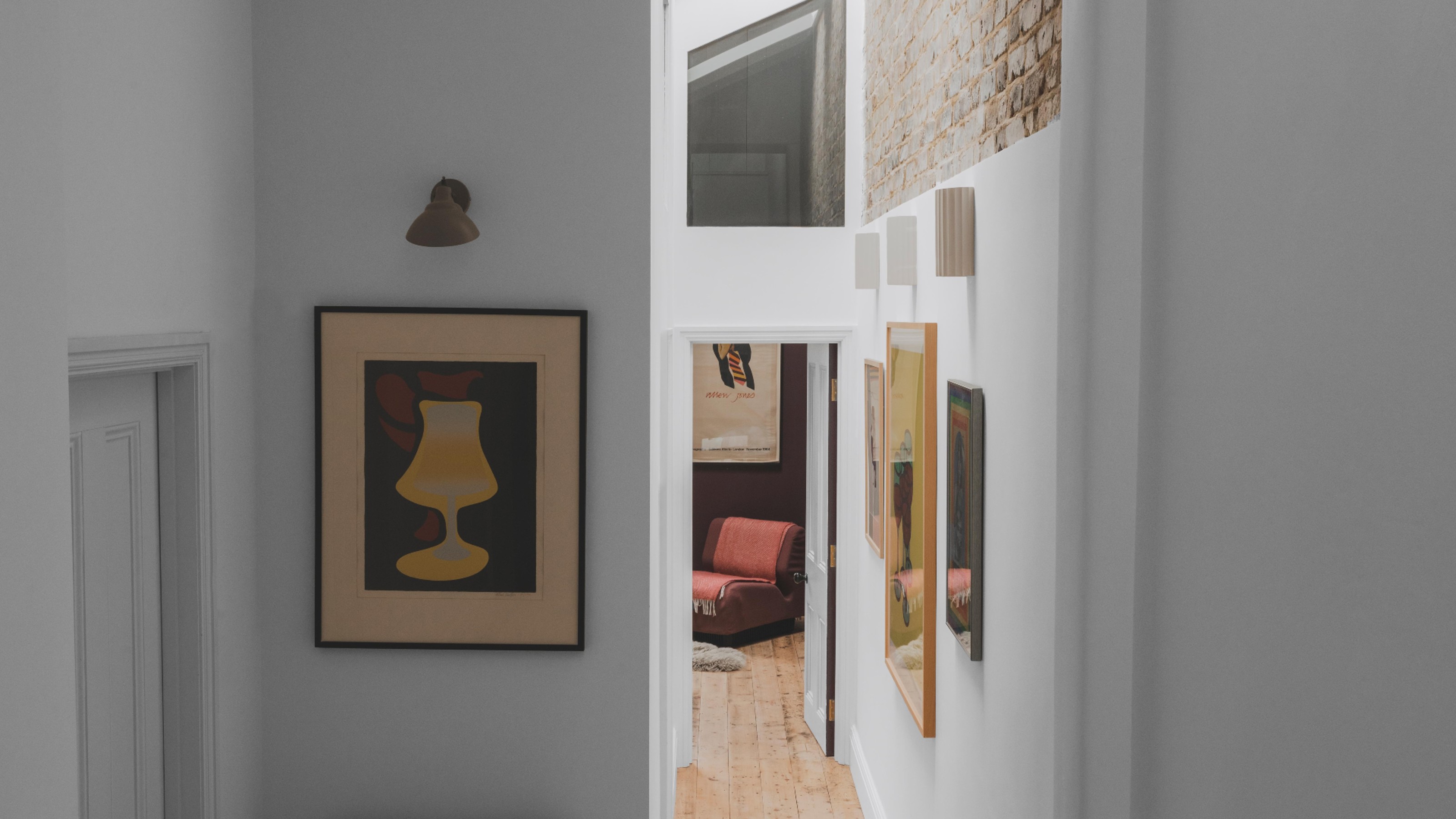

If you’ve been anywhere near social media in the last few weeks (and months), it’s likely you’ll have heard of at least one of the various wealth-focused interior trends that have been dominating the internet – be it the #oldmoney trend, the #stealthwealth trend, or #quietluxury.
Though they also apply to fashion and beauty, these understated wealth trends have also been used within the world of interiors. The aesthetic is all about subtlety - 'quiet luxury' indicates a desirable home that looks wealthy in a more understated way.
If you embody this aesthetic, your home likely doesn't scream ‘I have money’ in obvious, showy ways – but instead, gives the fact away in the smaller, less obvious details. Think quality craftsmanship, timeless design choices and smaller details that point to a rich and interesting life; such as quality artwork, and antique furniture.
But why is the concept proving so popular lately - and is it even an achievable aesthetic if you aren’t actually incredibly wealthy?
Where did these wealth focused interior trends come from?
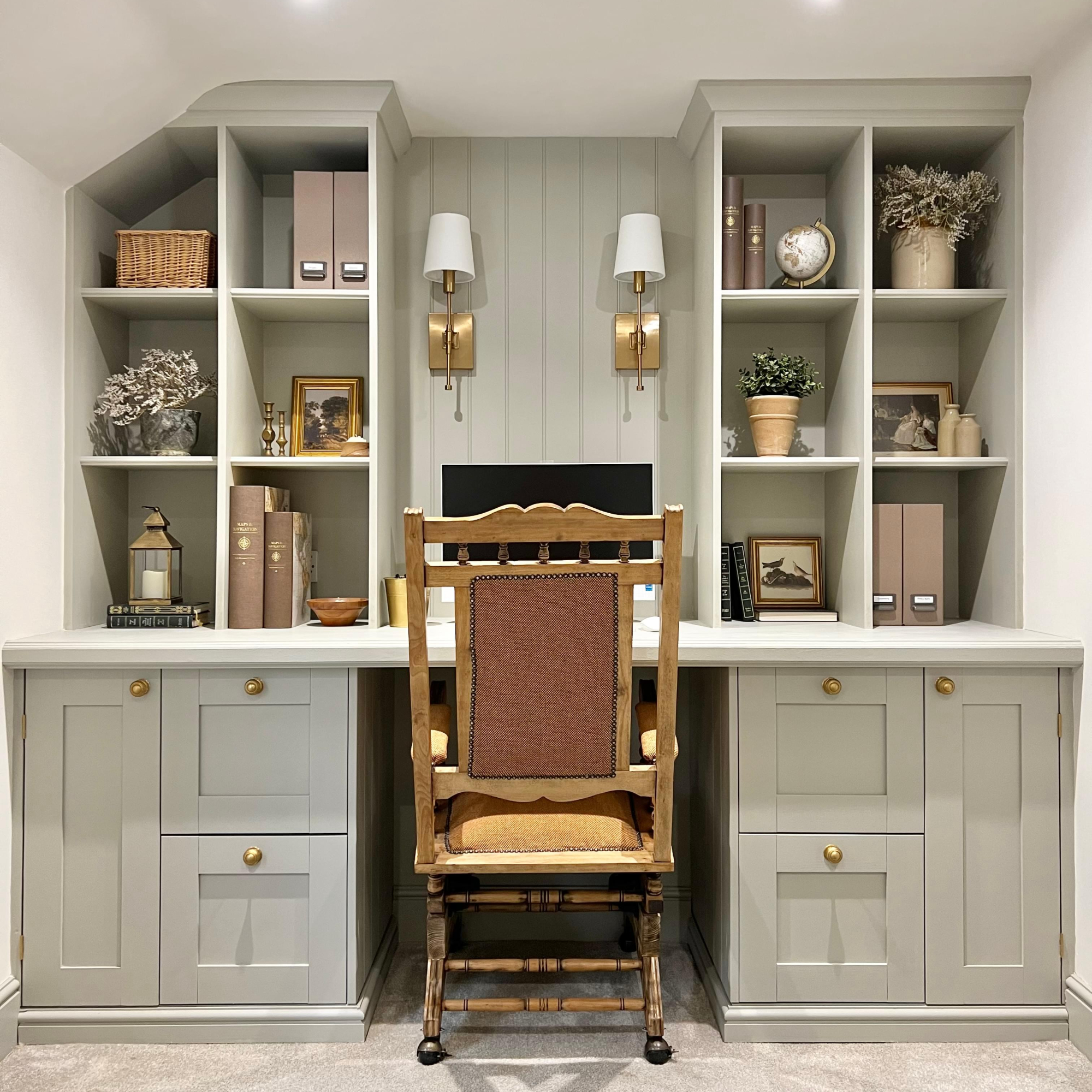
It's likely that you've heard of these money-focused interior aesthetics, but where, how and why did the fascination with them appear? 'The hit TV show Succession is said to have sparked the recent emergence of popularity in the 'old money', or 'quiet luxury', interior trends,' explains interior expert Anna Elkington, from Melody Maison.
'Homeowners have taken inspiration from the luxurious aesthetics in the program and are gravitating towards a more timeless and chic interior.'
There’s also an argument that Sofia Richie, Lionel Richie’s socialite daughter, sparked an interest in the concept with her elegant, minimalist yet incredibly pricey wedding in the South of France, which featured a relaxed black and white colour scheme and plenty of intricate details that simply screamed *wealth*.
Get the Ideal Home Newsletter
Sign up to our newsletter for style and decor inspiration, house makeovers, project advice and more.
Why are we so captivated by aesthetics like ‘old money’?
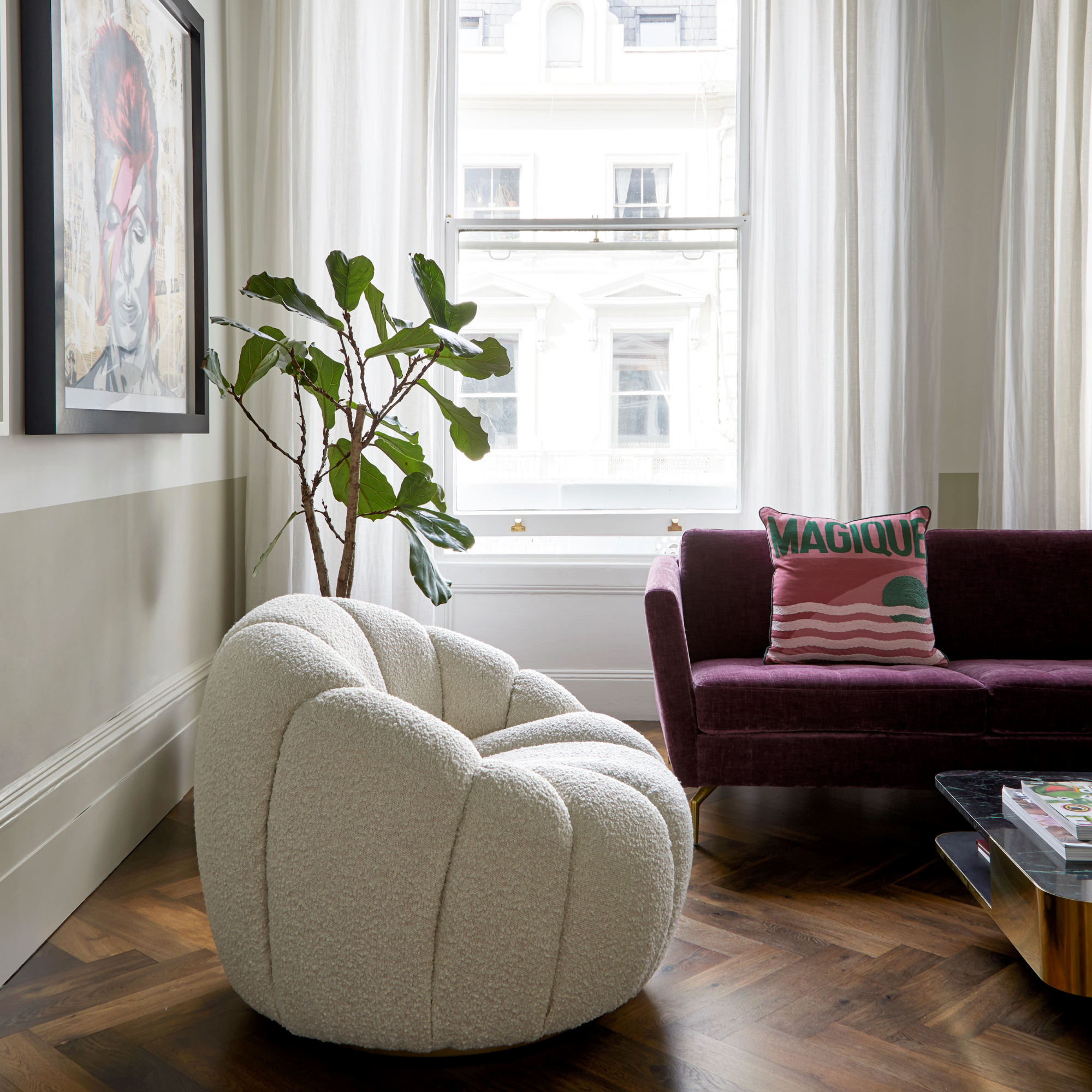
It’s certainly intriguing that an interior trend based around the display of extravagant wealth (even if it is more subtle) is peaking during a worldwide cost of living crisis. And in fact, Anna suspects that the current economic climate is exactly why we’re all so fascinated with these sorts of aesthetics right now.
'With the cost of living crisis, wealth seems out of the question for the majority of homeowners, so it may seem that the intrigue of these trends come from their slightly unachievable nature,' she says. 'People are looking for a way to achieve this trend without actually having 'old money'.'
Given how expensive everything is, she also suggests that more of us than ever now have a desire to create homes that will stand the test of time, something which the 'stealth wealth' trend feels like it achieves.
'With the current cost of living crisis many homeowners are avoiding wasting their money on interior trends that come and go,' notes Anna. 'The 'old money' trend provides a classic style of interior that is long-lasting and timeless.'
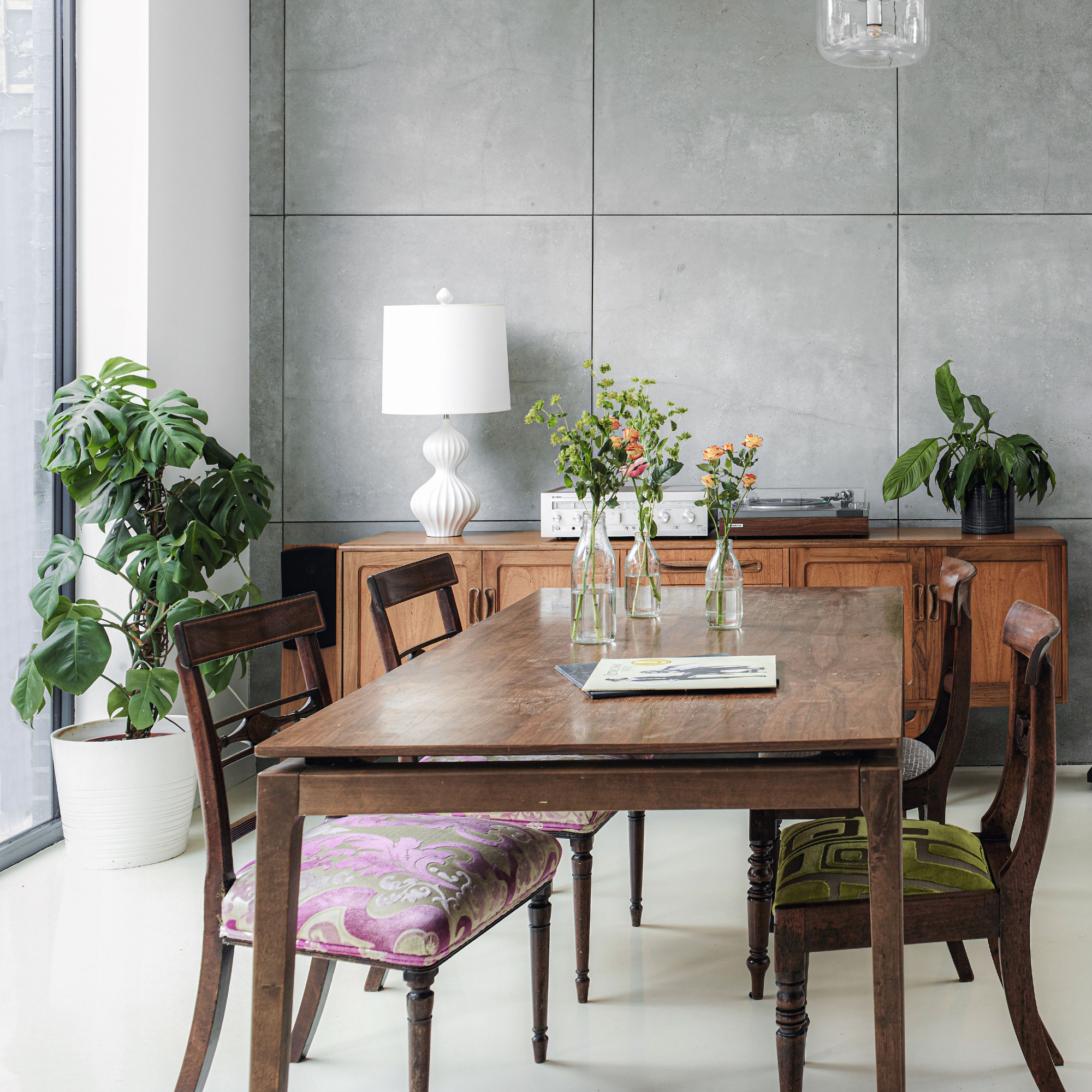
‘In addition, it is commonly known that in times of recession people's tastes become more conservative, instead of purchasing lots of items people tend to buy less but invest in higher quality pieces that will last,' she explained.
Toby Downes, London Specialist at independent property buying agency Haringtons, also argues that the trends suggest a desire for stability. 'I would say that the kind of homeowner that is interested in these interior trends is one that values privacy, tastefulness and authenticity over more opulent and obvious displays of wealth,' he said.
'Those that are interested in the trappings of ‘old money’ also might want to convey their long-term financial security, as opposed to transient wealth.'
How can people add these trends into their interiors – in an affordable way?

So is it possible to recreate the 'quiet luxury' or 'old money' trend in your home if you're not actually a super wealthy aristocrat? Thankfully, it appears, that yes, it is.
'As these trends tend to focus on simplicity – its popularity is also rooted in its accessibility, as many can adopt the fundamentals of stealth wealth without the high price tags,' explains property expert Toby.
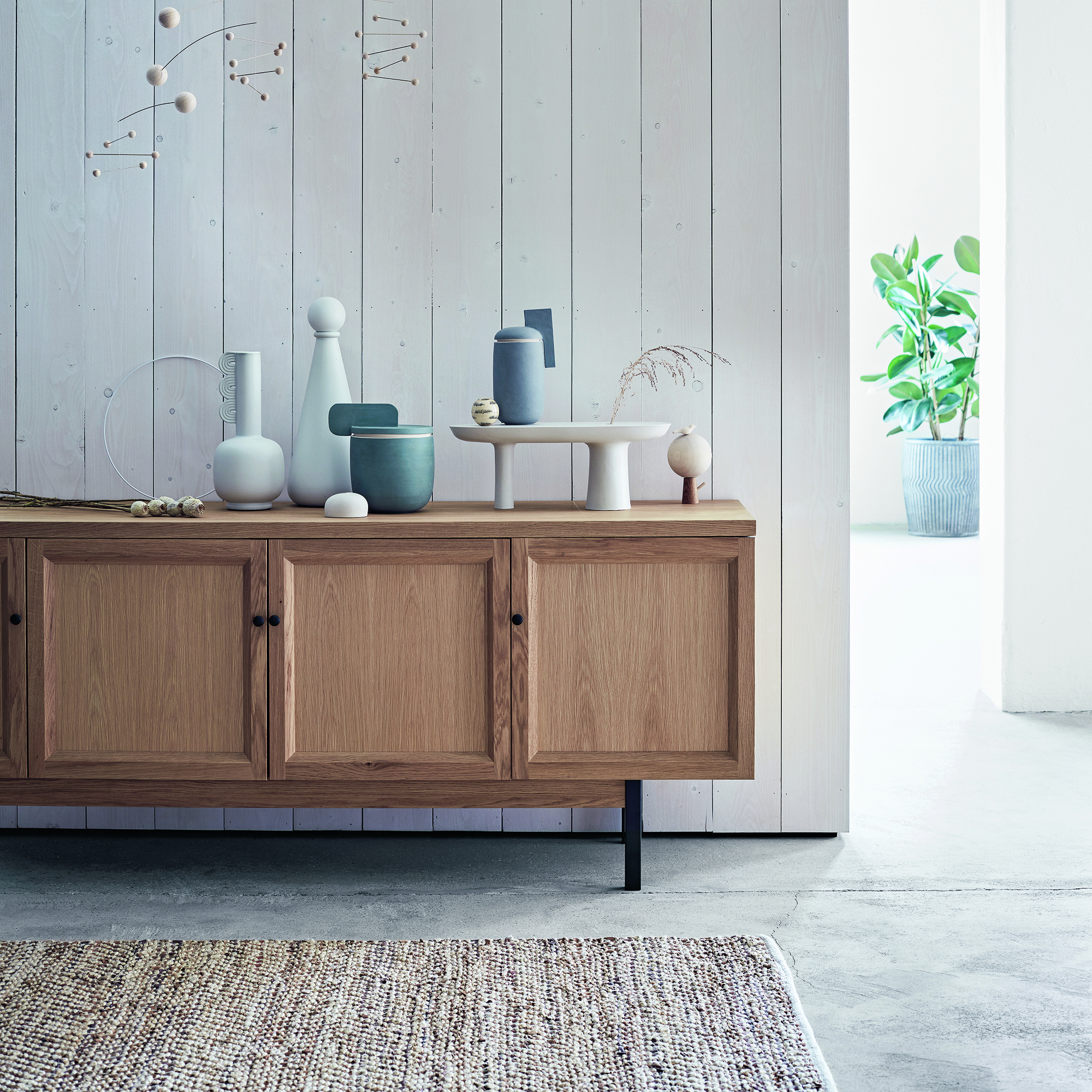
To try and replicate the feeling in your own home (no matter your budget), Toby suggests hunting down quality pieces of furniture, to begin with.
'Many translate stealth wealth and quiet luxury to a home full of minimal, neutral tones – however, never underestimate a good piece of wooden antique furniture which adds depth and timelessness to any room. It is important to be sustainable, and to buy high quality pieces that will last in style and functionality.'
Anna explained that the same is true of the rest of your home – and that the key to achieving true 'quiet luxury' is, if you can, to (ironically) ignore transient trends, and to instead invest in design choices that won't date, like these vintage living room ideas.
'Stick with traditional fabrics in your home, you want these to be long-lasting and robust materials like cotton or silk,' advises interiors expert Anna. 'These fabrics are the epitome of understated luxury and they are materials that have been used for hundreds and thousands of years so there is no chance of them going out of fashion,
'Artwork is a great way to incorporate personality into your interior, especially if the pieces chosen are one of a kind. Old money interiors are all about incorporating pieces that are built to last.'

Amy Hunt is an experienced digital journalist and editor, now working in a freelance capacity specialising in homes and interiors, wellness, travel and careers. She was previously Lifestyle Editor at woman&home, overseeing the homes, books and features sections of the website. Having worked in the industry for over eight years, she has contributed to a range of publications including Ideal Home, Livingetc, T3,Goodto, Woman, Woman’s Own, and Red magazine.
-
 Will a conservatory add value to your home and how can you maximise it?
Will a conservatory add value to your home and how can you maximise it?This is what the pros say
By Amy Reeves
-
 I’ve been looking for a new signature scent for my home and The White Company's new fragrance is the exact summer holiday smell I needed
I’ve been looking for a new signature scent for my home and The White Company's new fragrance is the exact summer holiday smell I neededSantorini smells fresh, summery and sophisticated
By Kezia Reynolds
-
 How to remove algae from garden walls in five steps – and the cleaning product experts rave about for tackling it fast
How to remove algae from garden walls in five steps – and the cleaning product experts rave about for tackling it fastExperts share their top tips for getting garden walls algae-free
By Katie Sims